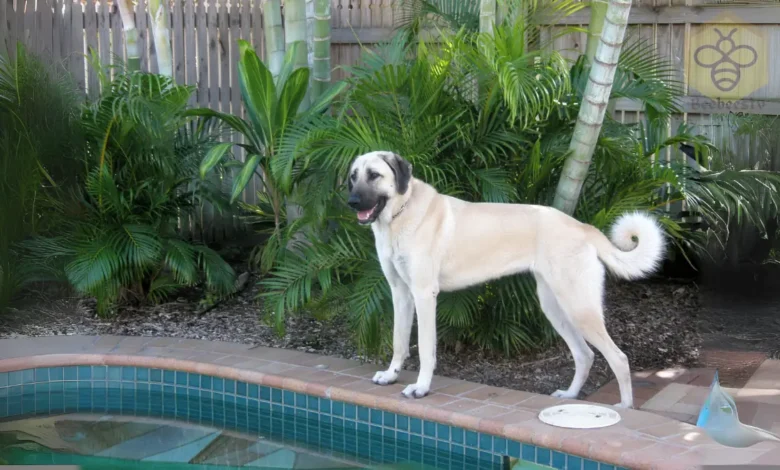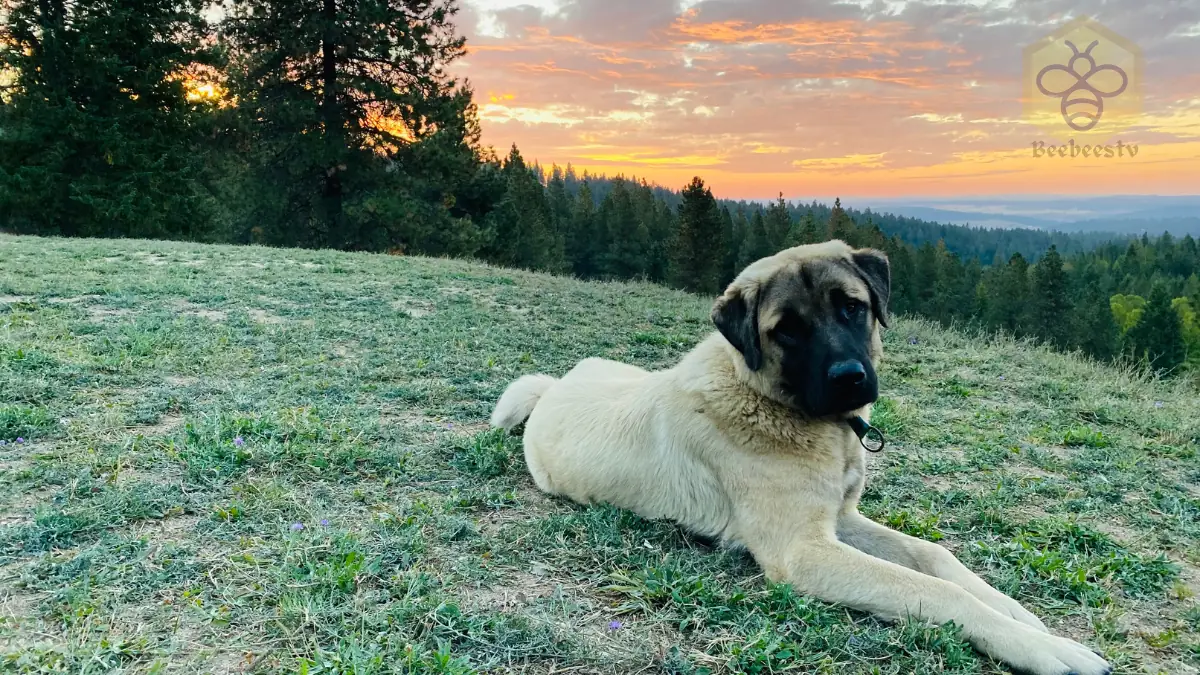Anatolian Shepherd Dog: A Loyal and Powerful Breed

Anatolian Shepherd Dog: The Guardian of the Flock
Anatolian Shepherd Dog
Introduction
The Anatolian Shepherd Dog, a large and powerful breed, has served as a guardian of livestock for thousands of years. With roots in the rugged landscapes of Turkey, this breed is known for its independence, loyalty, and exceptional protective instincts. Whether watching over flocks or serving as a devoted family protector, the Anatolian Shepherd Dog is a breed that combines strength, intelligence, and a deep sense of duty.
Scientific Overview
Scientific Name
While domestic dogs share the scientific name Canis lupus familiaris, the Anatolian Shepherd is recognized as a unique breed within this classification.
Common Name
Commonly referred to as the Anatolian Shepherd Dog, it is also known simply as the Anatolian or the Kangal, though some differentiate the two based on regional lines and specific characteristics.
Scientific Classification
Types of Anatolian Shepherds
Anatolian Shepherds may vary in appearance depending on their origin, with some differences between those from Turkish regions like Sivas and Kangal. However, all maintain the strong, protective traits for which the breed is known.
History and Origins
The Anatolian Shepherd has ancient roots, dating back over 6,000 years to the regions of Turkey and the Middle East. Developed to guard livestock against large predators like wolves, bears, and even cheetahs, these dogs are known for their endurance, courage, and ability to adapt to harsh environments. The breed was valued for its ability to act independently, making decisions without direct human intervention.
Physical Characteristics
Size and Weight
Anatolian Shepherds are large and muscular:
- Height: Males range from 29-32 inches, while females stand 27-31 inches tall.
- Weight: Males weigh between 110-150 pounds, and females weigh 80-120 pounds.
Appearance
Anatolian Shepherds have a robust, athletic build with a broad head, powerful jaws, and alert, almond-shaped eyes. Their coats are typically short to medium, with a dense undercoat that helps them withstand extreme weather conditions. The breed’s color patterns vary, but fawn with a black mask is common.
Temperament and Behavior
Anatolian Shepherds are known for their calm, composed demeanor. They are fiercely loyal to their family or flock and display protective behaviors that make them excellent guardians. While they may be reserved with strangers, Anatolian Shepherds form deep bonds with those they trust. They are intelligent, independent, and highly observant, often assessing situations before acting.
Diet and Feeding Habits
A balanced diet is essential for an Anatolian Shepherd’s health. High-quality dog food that includes a mix of protein, fats, and carbohydrates suits their active lifestyle. Many owners of working Anatolians also supplement their diet with raw meat and bones to mimic the natural diet of a guardian breed.
Training and Socialization
Training an Anatolian Shepherd requires patience, consistency, and respect. Due to their independent nature, Anatolians may not respond to traditional obedience training. Instead, positive reinforcement and socialization from a young age are crucial. Teaching them to interact positively with other animals and people helps curb overly protective tendencies.
Living Environment and Exercise Needs
Anatolian Shepherds thrive in spacious environments where they can exercise and engage in purposeful work. Farms or large properties are ideal for this breed. Although they are relatively calm indoors, they need daily exercise and mental stimulation to prevent boredom and restlessness. While they can adapt to family life, Anatolian Shepherds prefer environments with room to roam and watch over their surroundings.

Health and Lifespan
The Anatolian Shepherd is generally a healthy breed, with a lifespan of about 11-13 years. However, they can be prone to certain health conditions:
- Hip Dysplasia: Common in large breeds, this condition can affect mobility.
- Elbow Dysplasia: Another joint issue that can impact their active lifestyle.
- Hypothyroidism: This can lead to weight gain, lethargy, and other symptoms.
Regular veterinary care, a balanced diet, and sufficient exercise help maintain their health and quality of life.
Role as a Guardian Dog
Anatolian Shepherds are natural protectors, bred specifically to guard livestock against predators. They work by intimidating rather than attacking, using their size and confidence to deter threats. In rural communities, they are highly valued for their ability to guard sheep, goats, and cattle, and their presence alone can often be enough to keep predators at bay.
Popularity and Recognition
The Anatolian Shepherd is recognized by kennel clubs worldwide, including the American Kennel Club (AKC). Although they are not as widely known as some other breeds, their reputation as reliable guardians and loyal companions has earned them a dedicated following among those who value their unique traits.
Comparison to Other Guardian Breeds
The Anatolian Shepherd is often compared to other guardian breeds, such as the Great Pyrenees and the Tibetan Mastiff. Unlike some of these breeds, Anatolians tend to be more independent, with a lower tolerance for strangers. They require a confident, experienced owner who understands their unique needs and respects their strong instincts.
FAQs About Anatolian Shepherd Dogs
- Are Anatolian Shepherd Dogs good with children?
Yes, they are known to be gentle and protective with children in their family but should always be supervised due to their size and strength. - Can Anatolian Shepherds live in an apartment?
They are best suited for spacious, rural environments due to their size and need for exercise, but with sufficient exercise, they can adapt to urban living. - Do Anatolian Shepherd Dogs bark a lot?
Yes, they can be vocal, especially when guarding their territory or sensing potential threats. - How do Anatolian Shepherds interact with other pets?
They can coexist peacefully with other pets if properly socialized, but they may show dominance toward unfamiliar animals. - Are Anatolian Shepherds aggressive?
They are protective but not typically aggressive. They act defensively to protect their family and territory but are calm and gentle when they feel secure.
Conclusion
The Anatolian Shepherd Dog is a breed like no other—powerful, protective, and deeply loyal. With a history rooted in the mountains of Turkey, this breed embodies strength, endurance, and independence. While they may not be the ideal choice for first-time dog owners, those who can provide the space, training, and understanding they need will find a steadfast guardian and loving companion in the Anatolian Shepherd Dog.


